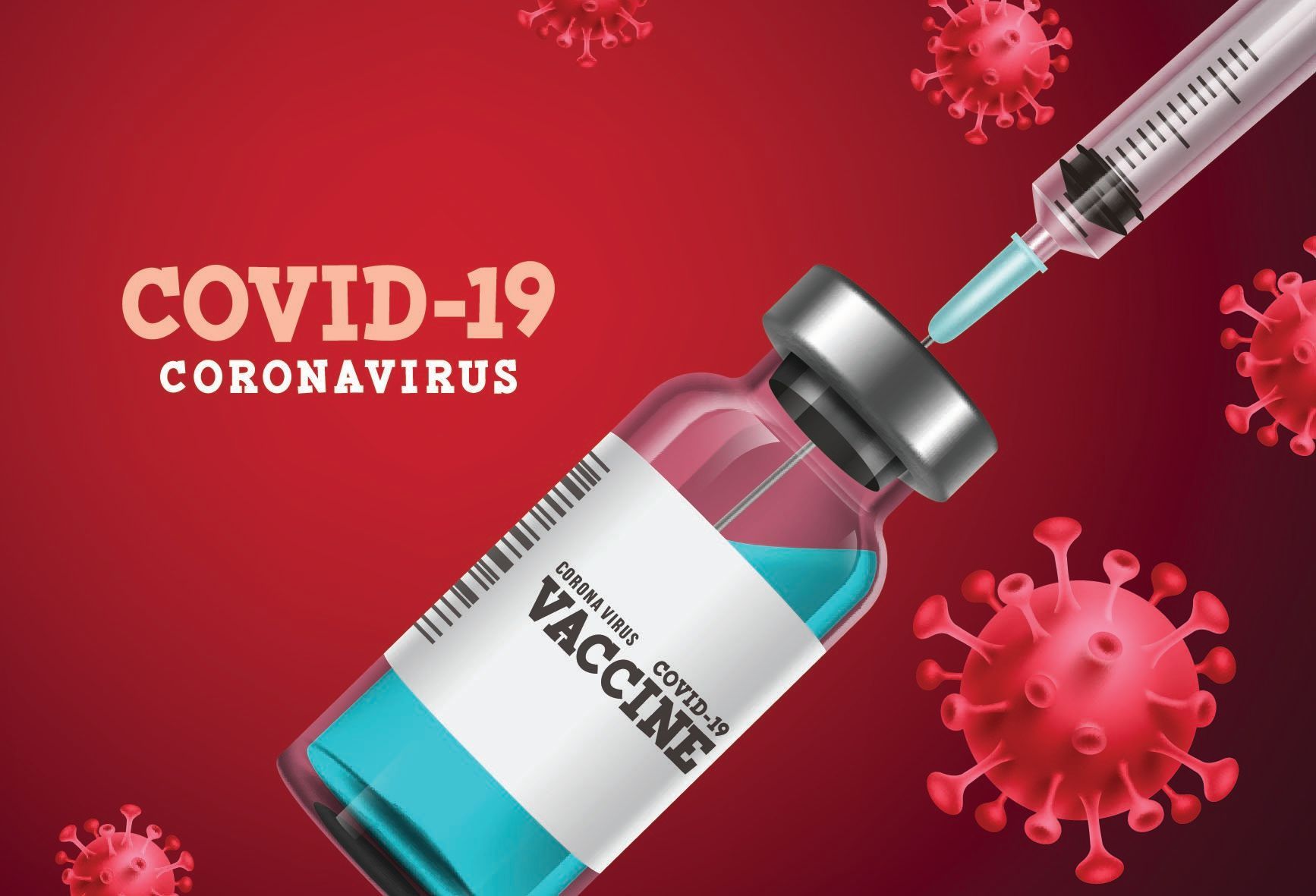
- Revenue Cycle Management
- COVID-19
- Reimbursement
- Diabetes Awareness Month
- Risk Management
- Patient Retention
- Staffing
- Medical Economics® 100th Anniversary
- Coding and documentation
- Business of Endocrinology
- Telehealth
- Physicians Financial News
- Cybersecurity
- Cardiovascular Clinical Consult
- Locum Tenens, brought to you by LocumLife®
- Weight Management
- Business of Women's Health
- Practice Efficiency
- Finance and Wealth
- EHRs
- Remote Patient Monitoring
- Sponsored Webinars
- Medical Technology
- Billing and collections
- Acute Pain Management
- Exclusive Content
- Value-based Care
- Business of Pediatrics
- Concierge Medicine 2.0 by Castle Connolly Private Health Partners
- Practice Growth
- Concierge Medicine
- Business of Cardiology
- Implementing the Topcon Ocular Telehealth Platform
- Malpractice
- Influenza
- Sexual Health
- Chronic Conditions
- Technology
- Legal and Policy
- Money
- Opinion
- Vaccines
- Practice Management
- Patient Relations
- Careers
Coronavirus: Pfizer CEO says company to seek EUA for vaccine after election
In an open letter, CEO Albert Bouria sought to give clarity to the drug’s development timeline.

The chairman and CEO of Pfizer says the company will seek an emergency use authorization (EUA) from the U.S. Food and Drug Administration (FDA) for a COVID-19 coronavirus vaccine candidate after the U.S. general election.
In an open letter, CEO Albert Bouria sought to give clarity to the drug’s development timeline by giving an update on how the process of testing the drug is going. He says that the company will likely know whether the vaccine is effective by the end of October and will know whether the drug is safe by the third week of November. Finally, the drug maker believes that their manufacturing data, the last hurdle before the EUA can be granted, will be prepared for submission before the safety milestone is reached.
“So, let me be clear, assuming positive data, Pfizer will apply for Emergency Authorization Use in the U.S. soon after the safety milestone is achieved in the third week of November,” Bouria says in the open letter. “All the data contained in our U.S. application would be reviewed not only by the FDA’s own scientists but also by an external panel of independent experts at a publicly held meeting convened by the agency.”
Pfizer isn’t the only company racing to produce a vaccine to hopefully bring an end to the COVID-19 coronavirus pandemic, but some companies have had to hit the brakes on their clinical trials due to unexpected side effects.
Most recently, Johnson & Johnson announced earlier this week that its phase 3 trial was being paused after a trial participant contracted an “unexpected illness.” The company said that such outcomes are common in clinical trials, and stressed the difference between a study pause — which could be a short and only temporary occurrence — and a regulatory hold, which is a formal action by the FDA that can mean much longer delays.
Before that, AstraZeneca was forced to halt its own global clinical trial after an English patient taking part took ill in September. That trial was resumed about a week later after a U.K.-based regulator gave the go ahead.
2 Commerce Drive
Cranbury, NJ 08512
All rights reserved.